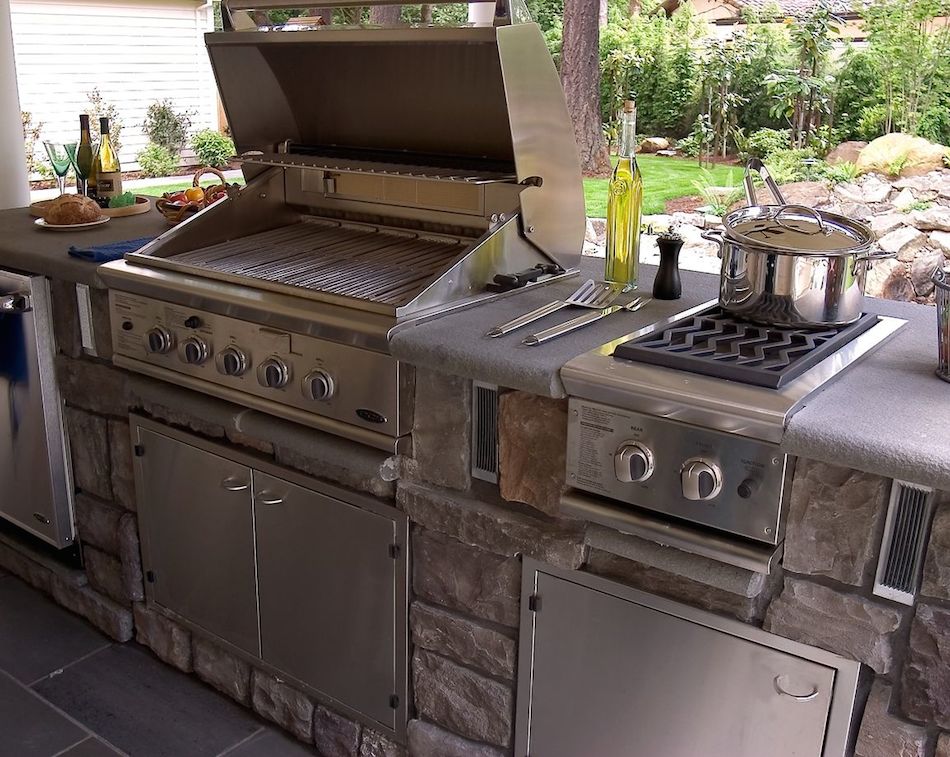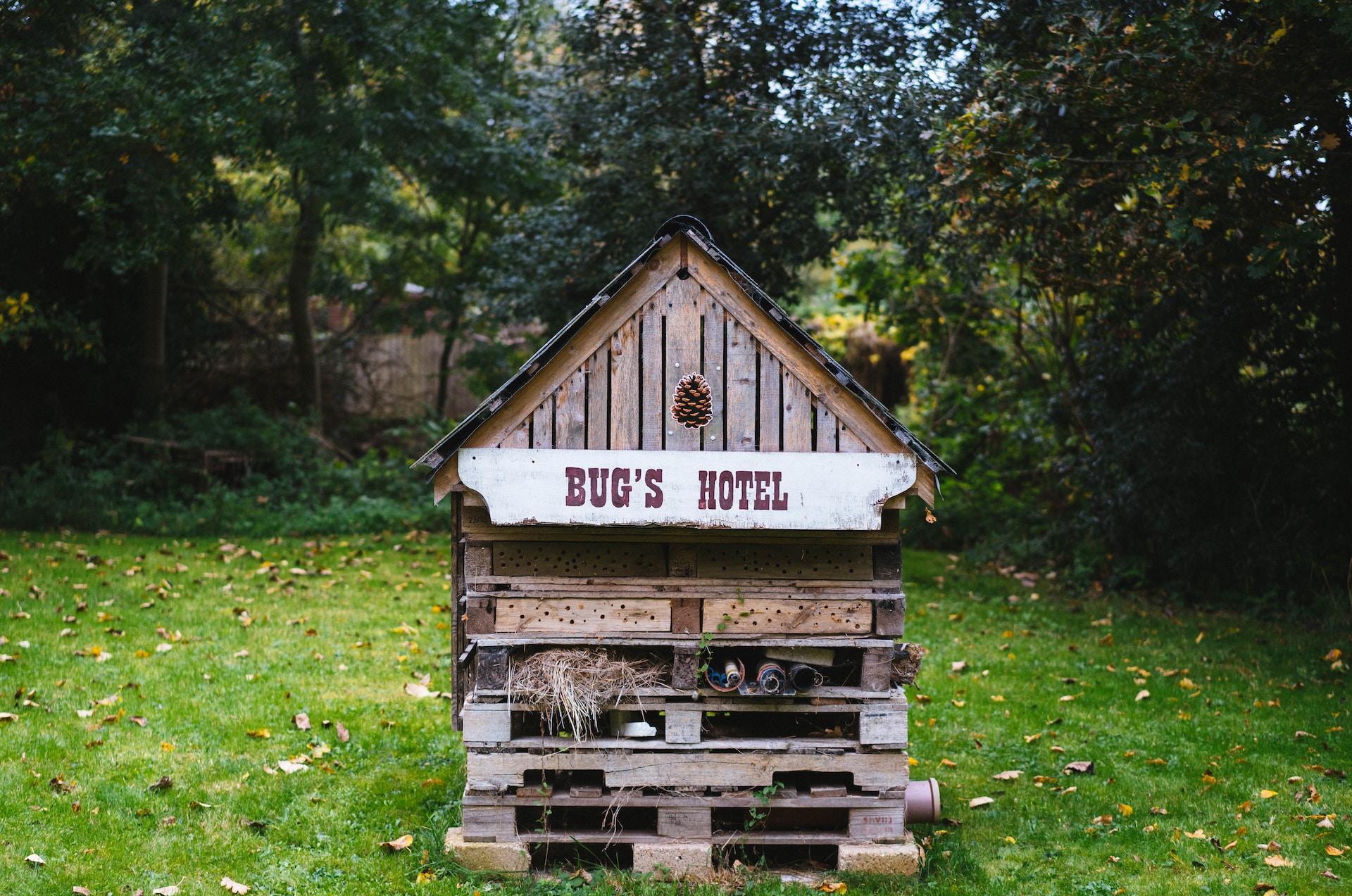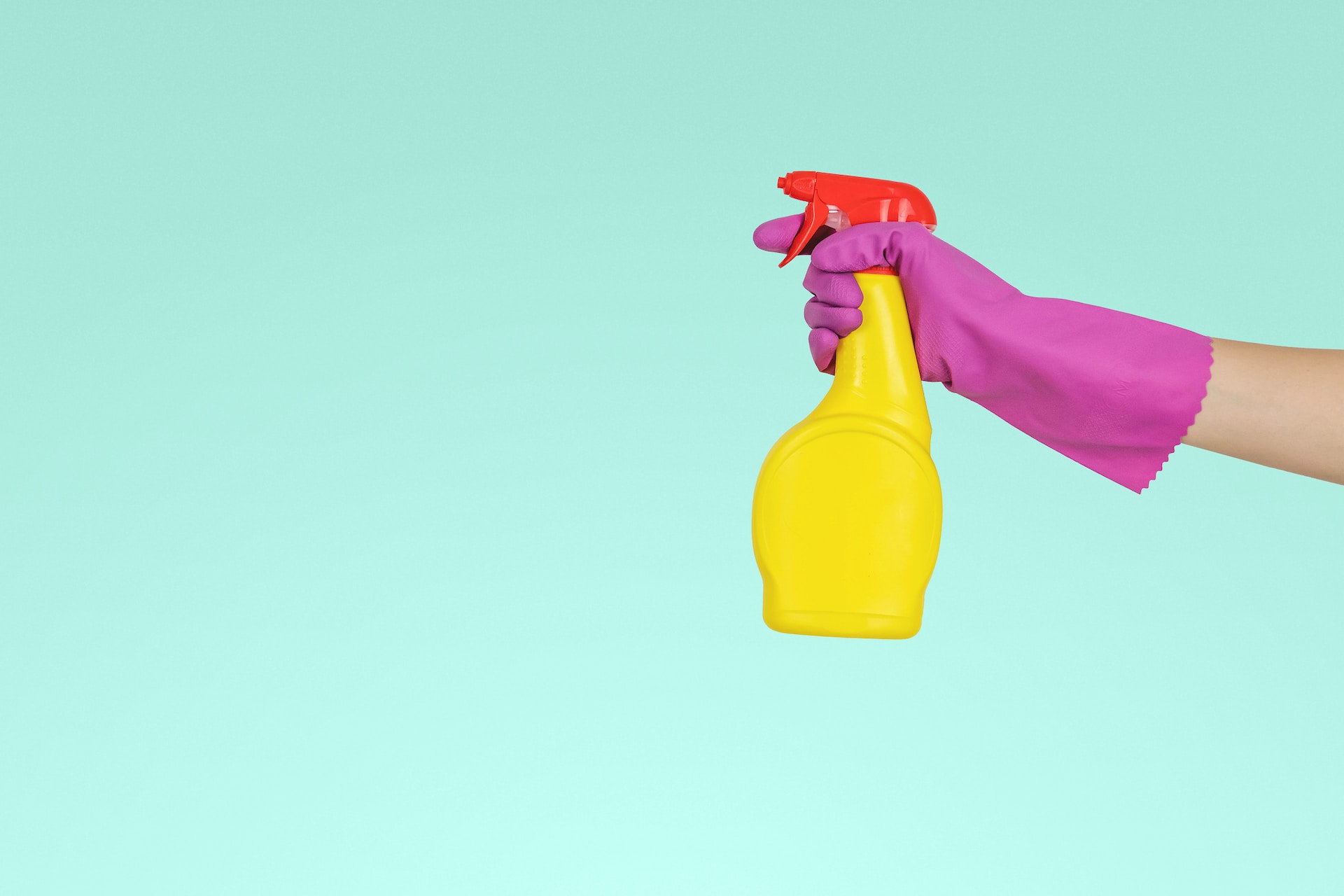If you are a fan of cooking outdoors, then you know how important it is to start with a clean grill. Leftover foods stuck on the grill not only look gross, they can harbor bacteria, attract bugs, and negatively influence the taste of your next cookout. So how to you keep the grill clean? Most experts agree that the best time to clean your grill is just after using it, while the grate is still hot. You’ve probably heard of using a ball of aluminum foil, or even an onion, so let’s take a look at what the experts say about cleaning your grill grate and clear up any confusion.
What type of grill grate do you have?
Before you begin cleaning, take a look at your grill grate and figure out what type you have. Gas grills are usually offered in a porcelain coated stainless steel, stainless steel, porcelain coated cast iron, or cast iron (heavy grates usually indicate cast iron). The old adage of “you get what you pay for,” definitely applies to grill grates. Lightweight, flimsy stainless steel won’t perform as well as a heavier gauge stainless steel, and a cheaply made porcelain coated cast iron may just be covering up imperfections. The more expensive the grate, the longer it will last over time, and you might actually find the clean up to be easier with more expensive grill grates. It’s always best to follow the manufacture’s recommendations when it comes to cleaning, including which tools or products to use. Manufactures test various cleaning methods so you’ll want to heed their advice. But if you don’t know how to clean your grill grate, use the below for some tips.
How to clean a stainless steel grill grate
Stainless steel becomes discolored easily, usually from the high heat, and it also scratches easily. So don’t expect that shiny, silver hue to last long no matter how well you clean. When the grill is still warm, you can use a non-abrasive brush or tool to clean and scrape off any stuck-on foods. About.com’s resident grill master advises a soft cloth or a stainless steel cleaner. Weber recommends using their specially-tested stainless steel scrubbing tools that have been designed to work on their stainless steel products. Both advise that from time-to-time, you’ll want to let the grate cool completely then wash and scrub it in warm, soapy water to thoroughly remove grease, grime and stuck on foods.
How to clean a cast iron grill grate
Just like a cast iron pan or skillet, a cast iron grill grate is a top-performer in terms of cooking but it can require a lot of maintenance. Experts recommend “seasoning” cast iron prior to using it, which means coating the surface with a vegetable-based oil (like Crisco or coconut oil) then heating it to seal the surface (the heat bonds the fat to the cast iron). Grill manufacturer Napoleon has a great video tutorial you can see here, and they recommend seasoning cast iron after every four to five grill sessions. They also recommend that if the cast iron is particularly dirty, you can use a light weight scrub sponge and apply warm, soapy water to clean (you’ll want to season it again after that step). Be sure you cover the entire surface with oil, not just the area you use for cooking. In fact, while you think that the cast iron is getting enough oil from your steaks or ribs, the heat of the grill actually vaporizes much of the oil. If maintaining a cast iron grill sounds like too much trouble, look for a porcelain coated cast iron grill grate, which has the heft and performance of cast iron but is a bit easier to clean.
How to clean a porcelain coated grill grate
You’ll know you have a porcelain coated grill grate from its shiny, gray color. Porcelain chips easily, so in general you’ll want to steer clear from applying too much pressure with your scrub brush and avoid using a really hard bristle brush. Brass is softer than stainless steel and 4 The Grill recommends this particular brush (with brass bristles) for cleaning the porcelain surface and also recommends never using the scraping edge of your brush. You may notice that your brass brush can become flattened over time; this is due to the soft nature of the bristles.
Related: How To Get Your Outdoor Grill, Furniture & Gear Ready For Summer
Top image credit: Neil Kelly Co




